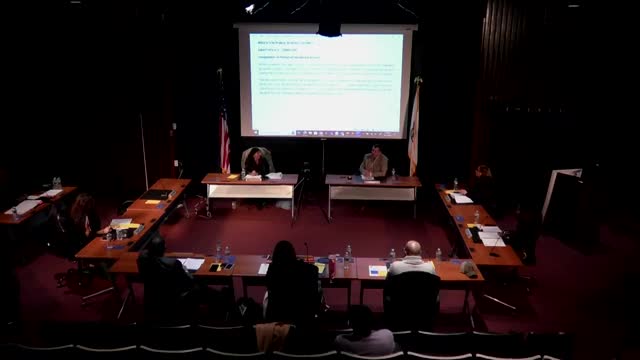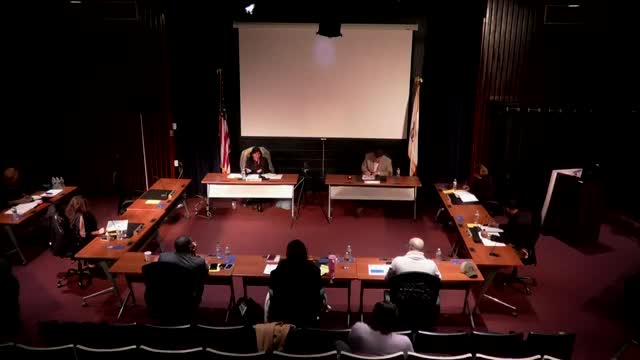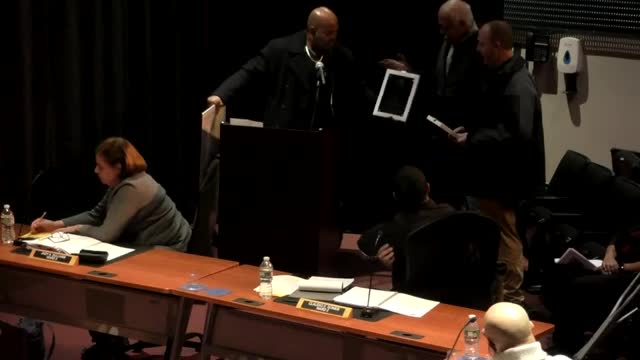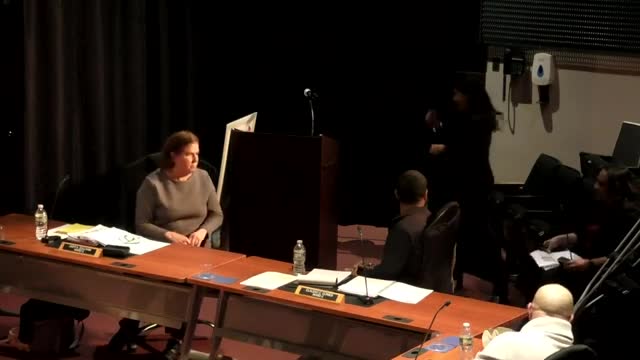Article not found
This article is no longer available. But don't worry—we've gathered other articles that discuss the same topic.

School committee meeting canceled after incorrect agenda posting; city IT calls it human error

School Committee names Norfolk Aggie preferred vocational school for Chapter 74 tuition; committee acts under suspension

Brockton Buccaneers donate $21,482 to Brockton Public Schools; committee accepts multiple community donations

Brockton police chief says incomplete personnel files delayed reappointment of school special police; committee discusses possible consolidation

